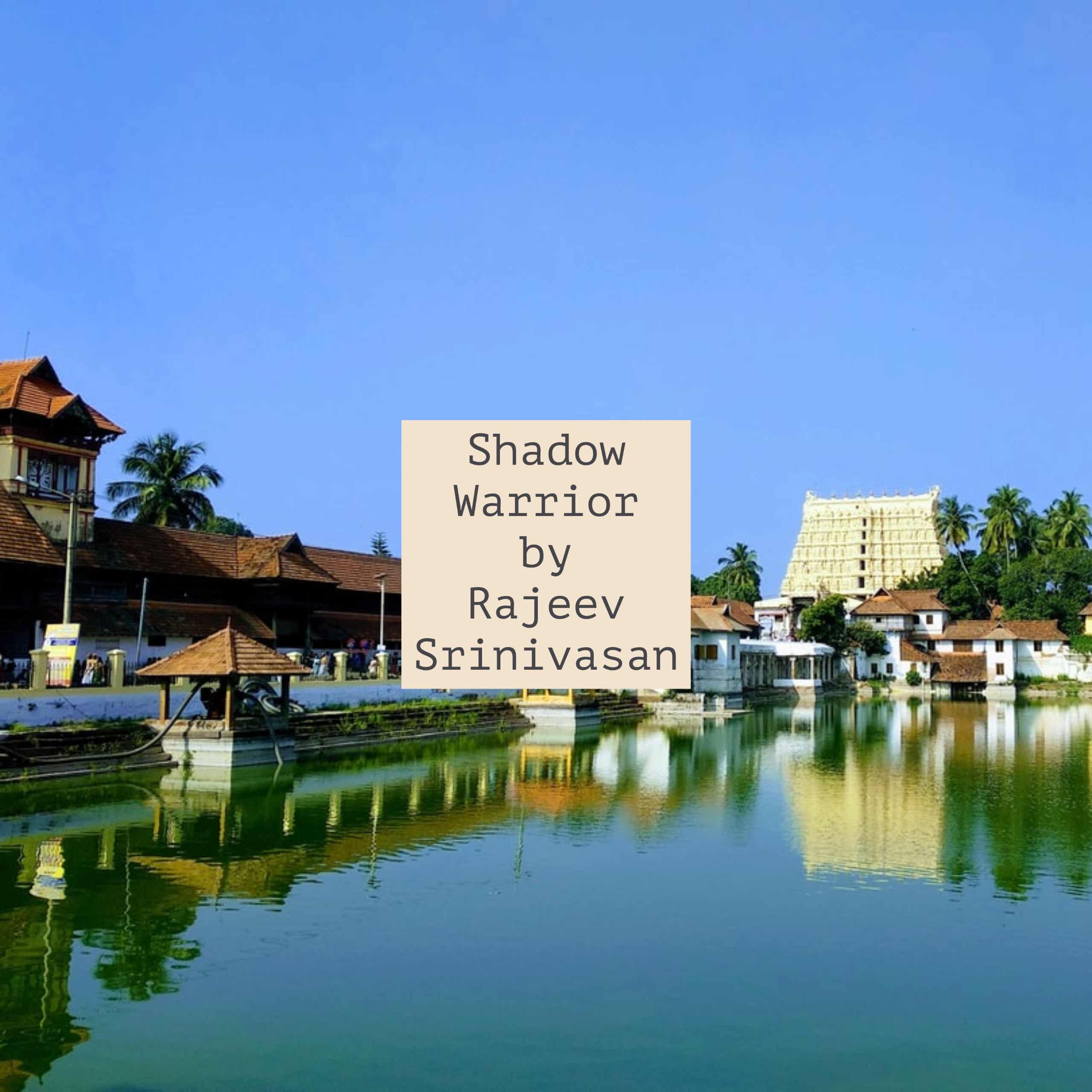Ep. 107: Paris is burning. Why?
Description
A version of this essay was published by firstpost.com at https://www.firstpost.com/opinion/shadow-warrior-paris-is-burning-why-12837712.html
I had the disconcerting experience of being on the ground in Paris while the current riots raged. Oddly enough, on my previous visit, in April 2019, I arrived the night the Notre Dame cathedral caught fire, and then was in town during the Yellow Vest riots against fuel taxes. In both cases, my plans were affected: in the current case I stirred out of my hotel room near the Arc de Triomphe with trepidation, worried as I was by TV images of random violence and especially arson.
I had been to Paris for several years in a row (until covid) for an annual conference on innovation, so I have a slight familiarity with the city, and it remains one of the most charming cities in the world. Architecturally appealing, with world-class museums (I did my usual homage to the Louvre, the impressionist Musee d’Orsay and the Musee Guimet of Asian art), lovely boulevards, the peerless Eiffel Tower, the unhurried meals in sidewalk cafes: the very picture of the good life.
Then there is the dark side of things.
The proximate cause of the troubles was the shooting death of a 17 year old youth of Algerian heritage, possibly the result of excessive force by the police. But this is just the spark. As in other countries with restless minority populations (e.g. the US with periodic riots after police shoot yet another black man, as in Los Angeles burning after the death of Rodney King), there are many other resentments that fan the fire. It would be easy to surmise that racism and the reaction thereto are the main factors in action.
But I think there is another, possibly preponderant cause: demographic shift. France is getting less white, more black and Arab, and more Muslim. Coupled with an ever-restive leftist streak that has been evident for long (remember the student riots in May 1968 and the always volatile Left Bank?), today we have a left-migrant nexus of sorts that magnifies any issue and takes to the streets.
There are large numbers of migrants, including those who came from the colonies and more recently refugees fleeing terror and chaos in Syria, Afghanistan etc. One would think that they would generally be grateful to Europe for taking them in, but radicalization is literally visible on the streets: the older generation is more secular, but their sons and especially their daughters-in-law are more observant, with beards, hijabs and other signs of religiosity. They are influenced by fiery preachers who call for jihad.
It is now much easier to marshal ‘flashmobs’ via social media. In fact, France has just had to turn off the Internet to prevent further provocation and nastiness. Let us note that this was not trumpeted by Deep State journalists as a sign of autocracy, although that is exactly what they say when India has to turn off the Internet in Kashmir.
There were statements made by some of the rioters (I’m not sure if it is just bravado or whether they seriously mean it) that they intend to take over Europe through the power of their numbers, as they are noticeably more fertile than native whites. Eurabia is an inevitable reality, they believe. This, naturally, does not sit well with the locals. They will probably begin to curtail migration, as some Scandinavian countries have begun to do.
Perhaps there is also a crisis in governance, which was the opinion of an old friend, whom I met for drinks at the landmark Publicis Drugstore on the Champs Elysees. She was unhappy about the mayor and other politicians whom she blamed for the poor state of general administration. (I just read that a suburban mayor’s home was attacked, and his wife injured). Although my friend didn’t talk about him, Emmanuel Macron is not universally popular either; even senior citizens appear to be upset with him.
She also mentioned that the covid lockdowns had had a hugely disruptive, and lingering, effect, as many
More Episodes
A version of this essay has been published by firstpost.com at https://www.firstpost.com/opinion/opinion-what-makes-trump-a-better-candidate-for-india-and-world-13831800.html
An AI-generated (courtesy notebookLM.google.com) podcast based on this essay is here:
In all humility, I accept that my...
Published 11/03/24
The potential consequences of a Trump presidency for India span multiple dimensions, including military, economic, trade, cultural, financial, and social aspects. Here’s an overview of these impacts:
Military and Geopolitical Implications
- Defense Ties: Under Trump, India may continue to...
Published 10/27/24


